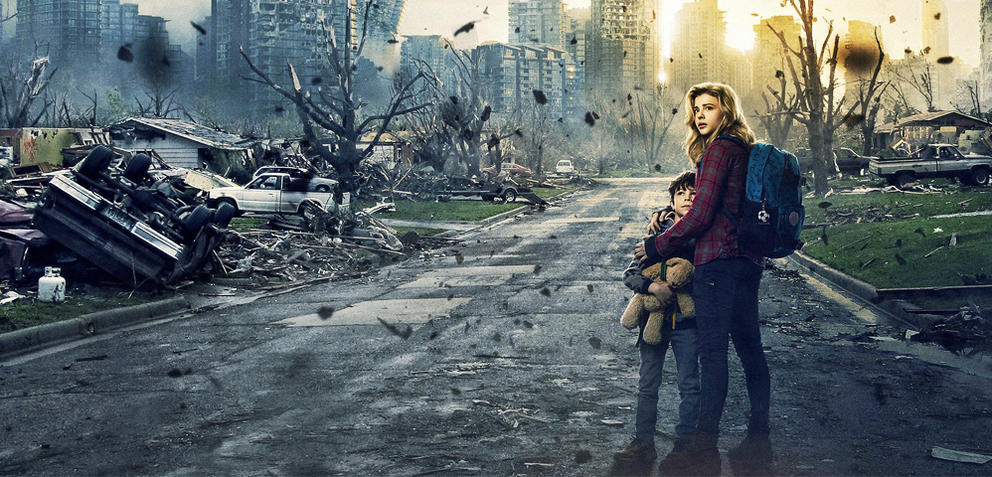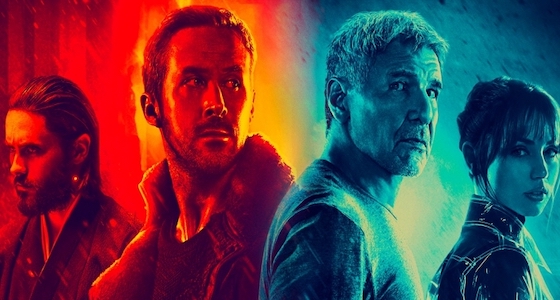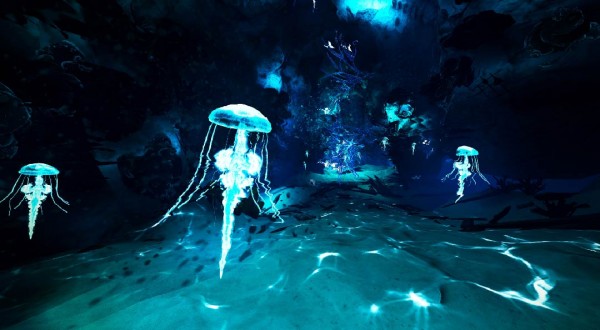Vortrag in Eichstätt am 14.11. – „Gespielte Zukunft“
Am 14.11.2019 eröffne ich mit dem Vortrag „Gespielte Zukunft: Utopische Räume im Videospiel“ die Wintervorlesungsreihe der Katholischen Universität Eichstätt-Ingolstadt. Es wird um Spiele als Raum für utopisches Handeln gehen, vornehmlich also um die aktive Erkundung dystopischer Welten, die Erschaffung eigener utopisch-dystopischer Narrative durch Spielerhandeln etc. Ich rede über BioShock, DayZ und bestimmt auch Deus Ex: Human Revolution.








